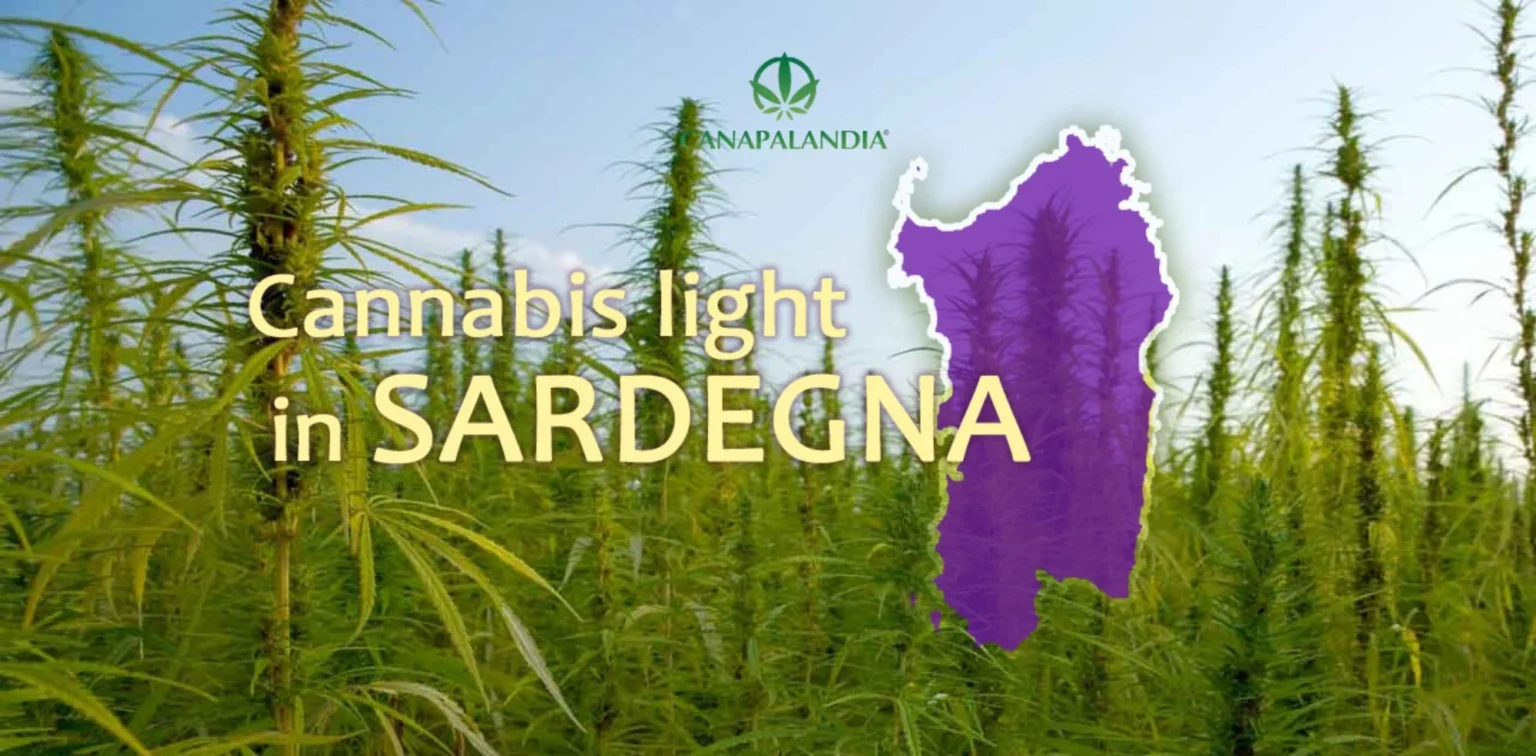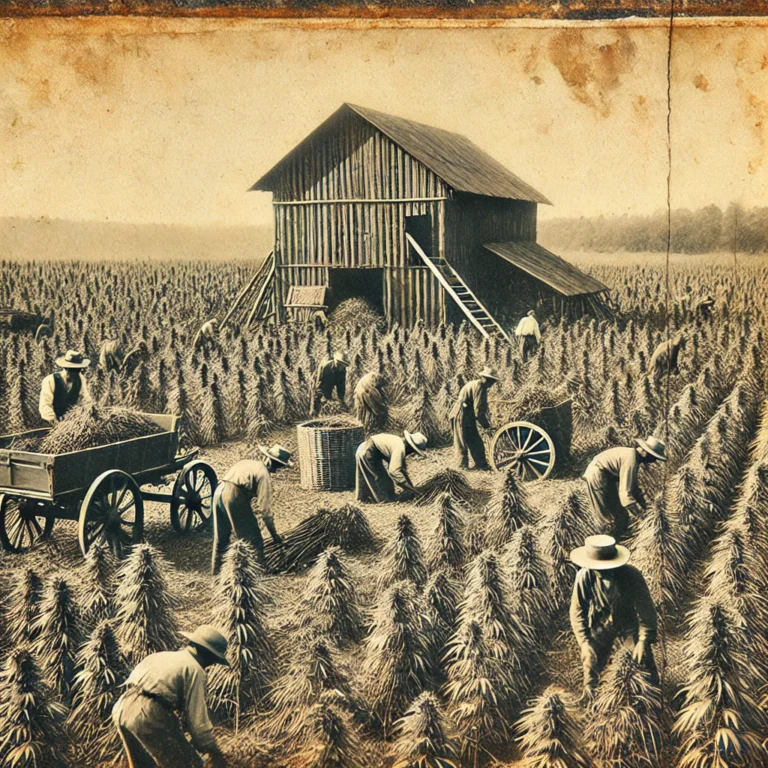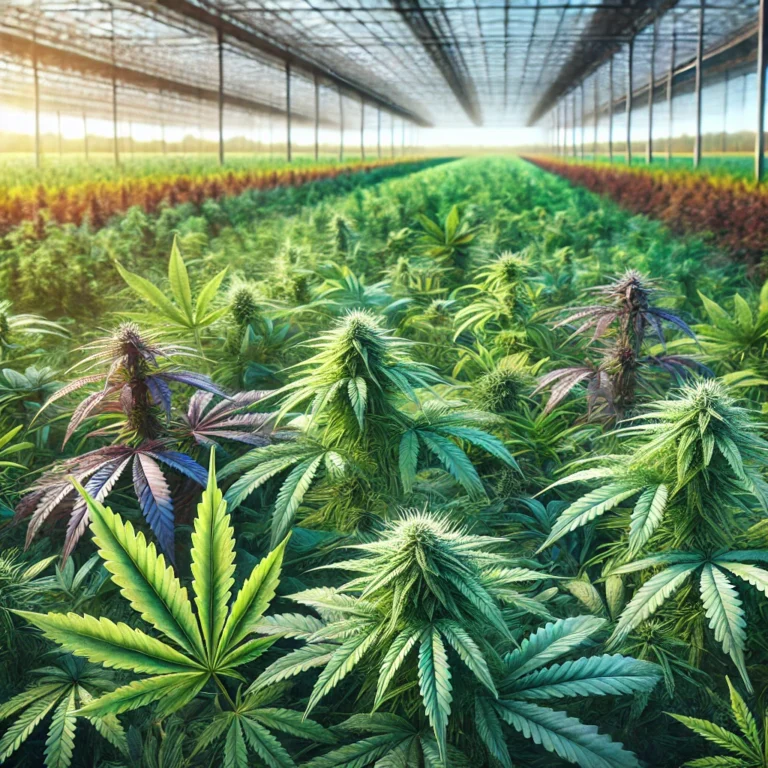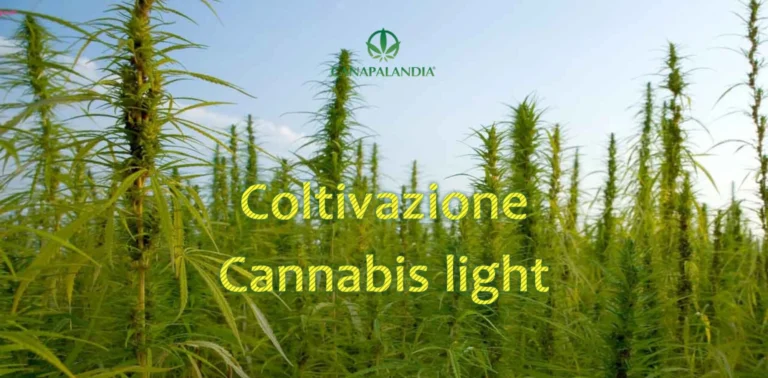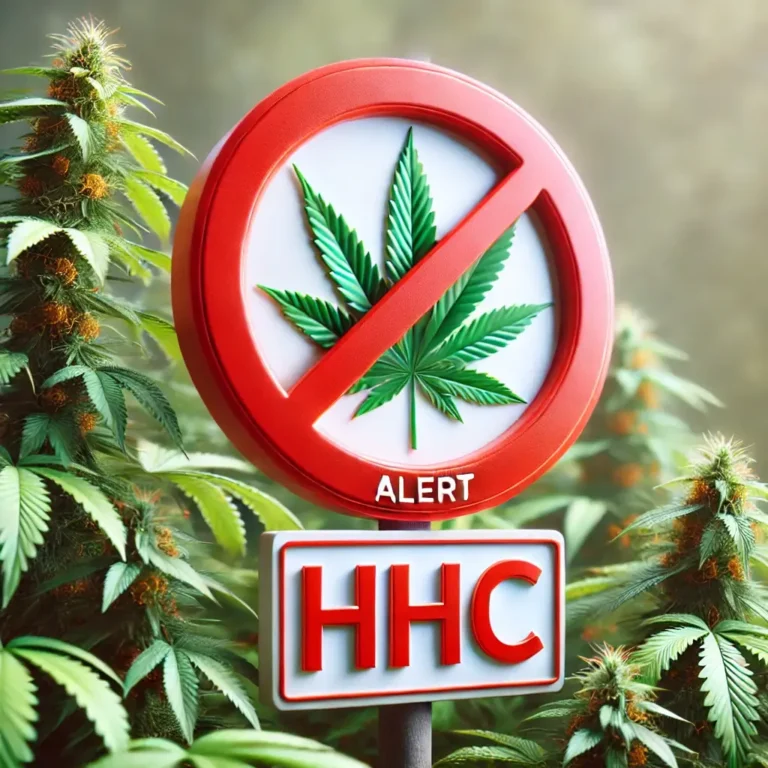The Legal Cannabis Industry in Sardinia: The Cagliari Prosecutor Halts Production on the Island
The Cagliari Prosecutor’s Office has recently acknowledged the possibility of carrying out preventive seizures on legal *Cannabis Sativa* crops in Sardinia, based on suspicions of activities not in compliance with Law 242/2016 on industrial hemp. This has caused great concern among local farmers and entrepreneurs, who see cannabis light cultivation as a significant opportunity for Sardinia’s economy.
Sardinia, thanks to its favorable climate and increasing focus on agricultural innovation, has become one of the most important hubs for legal hemp cultivation in recent years. However, the recent intervention by the judiciary risks slowing down this rapidly expanding sector.
The Concerns of Sardinian Farmers
The uncertainty surrounding legal cannabis has sparked various reactions among industry entrepreneurs. President Piero Maieli, along with other regional representatives, expressed concern about the impact these directives could have on the sector, causing many agricultural businesses to delay or even halt production. In an official statement, Maieli said:
“Sardinia, with its favorable climate and thanks to a new generation of entrepreneurs focused on diversification, is one of the regions most interested in this cultivation.”
Maieli’s words reflect the sentiments of many farmers who see cannabis light as a concrete opportunity to diversify their production and revitalize the island’s agricultural economy. However, the lack of clear regulation and the possibility of preventive seizures threaten to slow this development.
An Uncertain Future for Cannabis Light in Sardinia
Despite the favorable conditions for hemp cultivation, Sardinian producers are now facing a regulatory challenge. Law 242/2016 governs the use of hemp for industrial purposes and allows the cultivation of hemp plants with a THC content below 0.2%. However, the interpretation of these regulations varies from region to region, and the recent intervention by the Cagliari Prosecutor raises further questions about the long-term sustainability of this sector in Sardinia.
The lack of a clear distinction between industrial cultivation and cultivation for personal or recreational purposes could become a significant obstacle to the future of legal cannabis on the island. The need for greater regulation and legal clarity is essential to ensure that Sardinian producers have the certainty needed to continue their activities.
The Economic Potential of Hemp in Sardinia
In addition to legal obstacles, it is important to highlight the economic potential that legal cannabis represents for Sardinia. The island, which has historically had an economy heavily tied to agriculture, could greatly benefit from crop diversification, especially during a period of water shortages and difficulties for traditional crops.
*Cannabis Sativa*, in addition to being a resource for producing flowers for the CBD market, also offers many other industrial applications. From the textile industry to green building, biomass production, and biofuels, hemp represents a versatile and sustainable resource for the revitalization of Sardinia’s rural economy.
Hopes for Regulatory Change
In light of these developments, it is crucial that Sardinian and national institutions work to create clearer legislation tailored to the needs of agricultural entrepreneurs. At a time when sustainability and agricultural innovation are at the center of the political agenda, *Cannabis Sativa* could be one of the most promising answers for the island’s future.
Maieli, supported by other representatives from the Sardinian region, continues to work to promote legislation that protects farmers and ensures a prosperous future for cannabis light in Sardinia. The hope is that, once the bureaucratic hurdles are overcome, legal cannabis production can flourish and contribute to the island’s economic recovery.
Conclusions
Cannabis light represents a unique opportunity for Sardinia, a region that has long struggled with economic and agricultural desertification. However, the lack of regulatory clarity and recent judicial actions risk jeopardizing the future of this sector. A joint effort by institutions is needed to ensure that legal cannabis can continue to be cultivated safely and transparently, without the risk of seizures or other punitive actions.
If you’re interested in learning more about the future of cannabis in Sardinia and Italy, continue following our blog for updates and insights on this topic.
Pubblicità
🧠 Prova il Ribaltatore
Ribalta questa frase proibizionista con l'AI e scopri l'ironia dietro lo slogan.
Ribalta "The Legal Cannabis Industry in..."🔍 Frasi Correlate
Cerca altre frasi e contenuti su questo tema nel nostro archivio.
Cerca "Cannabis news"Supporta Canapalandia
Se questo contenuto ti è stato utile, puoi sostenerci: ci aiuta a mantenere il progetto indipendente e aggiornato.
